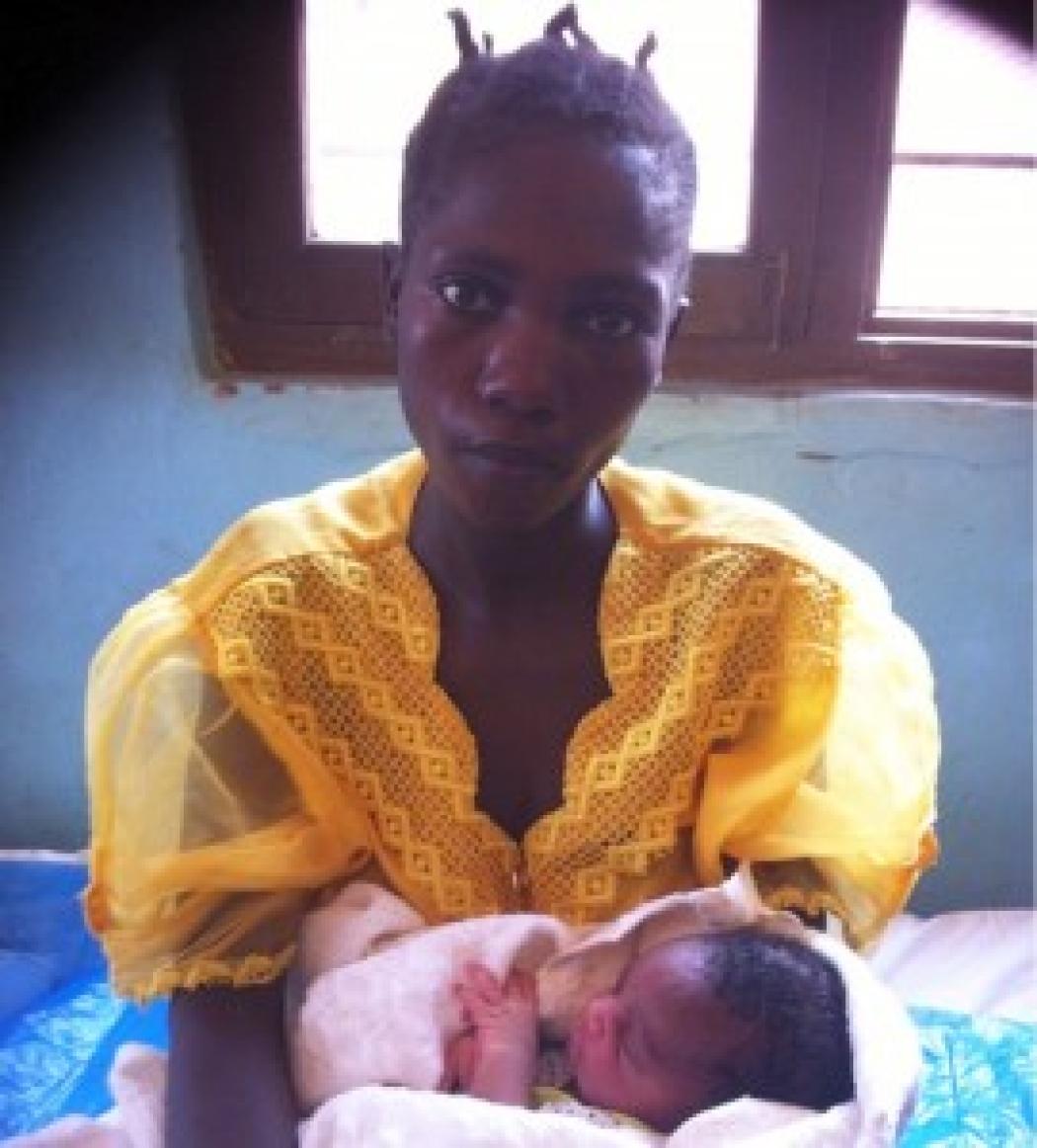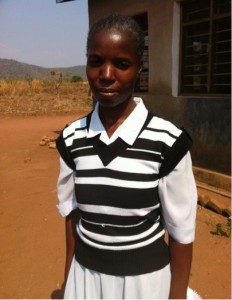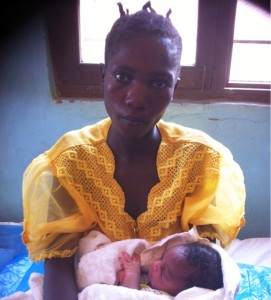When Help is Far Away

By Maryjane Lacoste, Country Director, Jhpiego-Tanzania
Wampembe, Tanzania—In this remote corner of western Tanzania, where the nearest hospital is four hours away on a rutted, rock-strewn dirt road, pregnant women are relying on midwives Adelina Kizzila and Flora Mwananjela to help them give birth safely and deliver healthy newborns. I visited the Wampembe Health Center, where these midwives work, and quickly discovered the precariousness of giving birth here.
 Nurse Flora Mwananjela at Wampembe Health Center is providing emergency lifesaving care to pregnant women and newborns. Photo credit: Jhpiego
Nurse Flora Mwananjela at Wampembe Health Center is providing emergency lifesaving care to pregnant women and newborns. Photo credit: Jhpiego
Not a single phone company provides service to this health center, and the truck that travels twice a week from the village to town takes much longer than the four-hour trip by jeep that I took. If a woman in labor has complications before 3:30 p.m,, the health center can radio for an ambulance. But it will take four hours for the ambulance to arrive, and another four hours for it to return to the district hospital on that same rutted road. In short, any woman with a complication during labor is basically out of luck.
A properly trained frontline health worker such as a midwife is the only hedge against death for an expectant mother. Ashura Baraka, a 25-year-old mother who gave birth to her fourth child at the Wampembe Health Center during the middle of the night, knows this well.
After delivering her daughter at the center, the new mother received a shot of oxytocin. Soon after, however, nurse-midwife Kizzila discovered that Baraka had a retained placenta and began to bleed. Kizzila shouted for help. Mwananjela, the facility nurse midwife in-charge, came to Kizzila’s aid, guiding her step-by-step to manually remove the placenta and give the mother an additional oxytocin injection, thus stopping the postpartum hemorrhage.
Thankfully, both of the midwives on call that night had been trained in basic emergency obstetric and newborn care (BEmONC) under the Mothers and Infants, Safe, Healthy and Alive (MAISHA) Program, funded by USAID and implemented by Jhpiego and partners. As a result, Ashura went home healthy with her new baby girl, Upendo, in her arms.
My visit to Wampembe underscored for me the vital role frontline health workers play in keeping women in remote areas alive and healthy. In the days leading up to Mother’s Day, a day where families around the world celebrate and give thanks for the love and guidance only a mother can provide, we must also remember the hundreds of thousands of pregnant women in underserved communities who do not have access to lifesaving care. Unfortunately, because of the shortage of frontline health workers like Adelina and Flora, not every child will be able to celebrate this Mother’s Day. By increasing the number of frontline health workers we can help to save the lives of countless mothers and newborns.
 Ashura Baraka, 25, with her new baby girl, Upendo. Photo credit: Jhpiego
Ashura Baraka, 25, with her new baby girl, Upendo. Photo credit: Jhpiego
